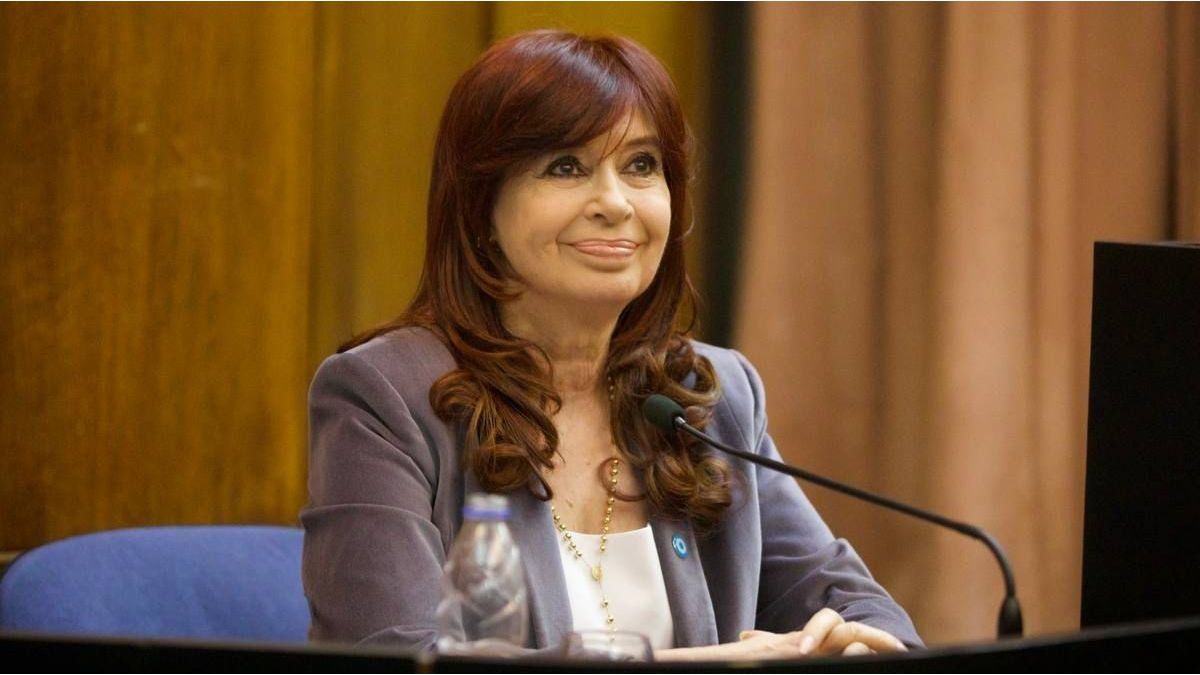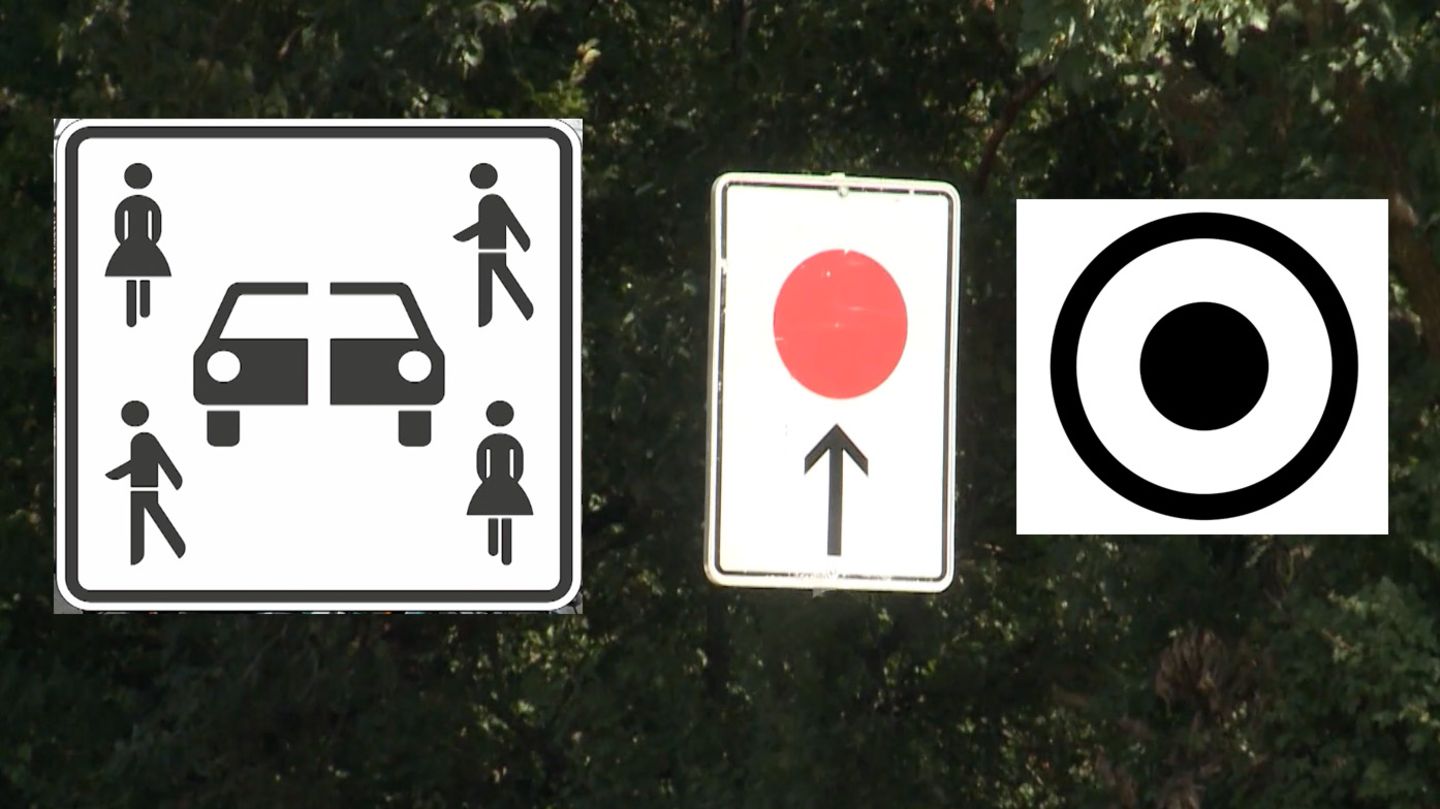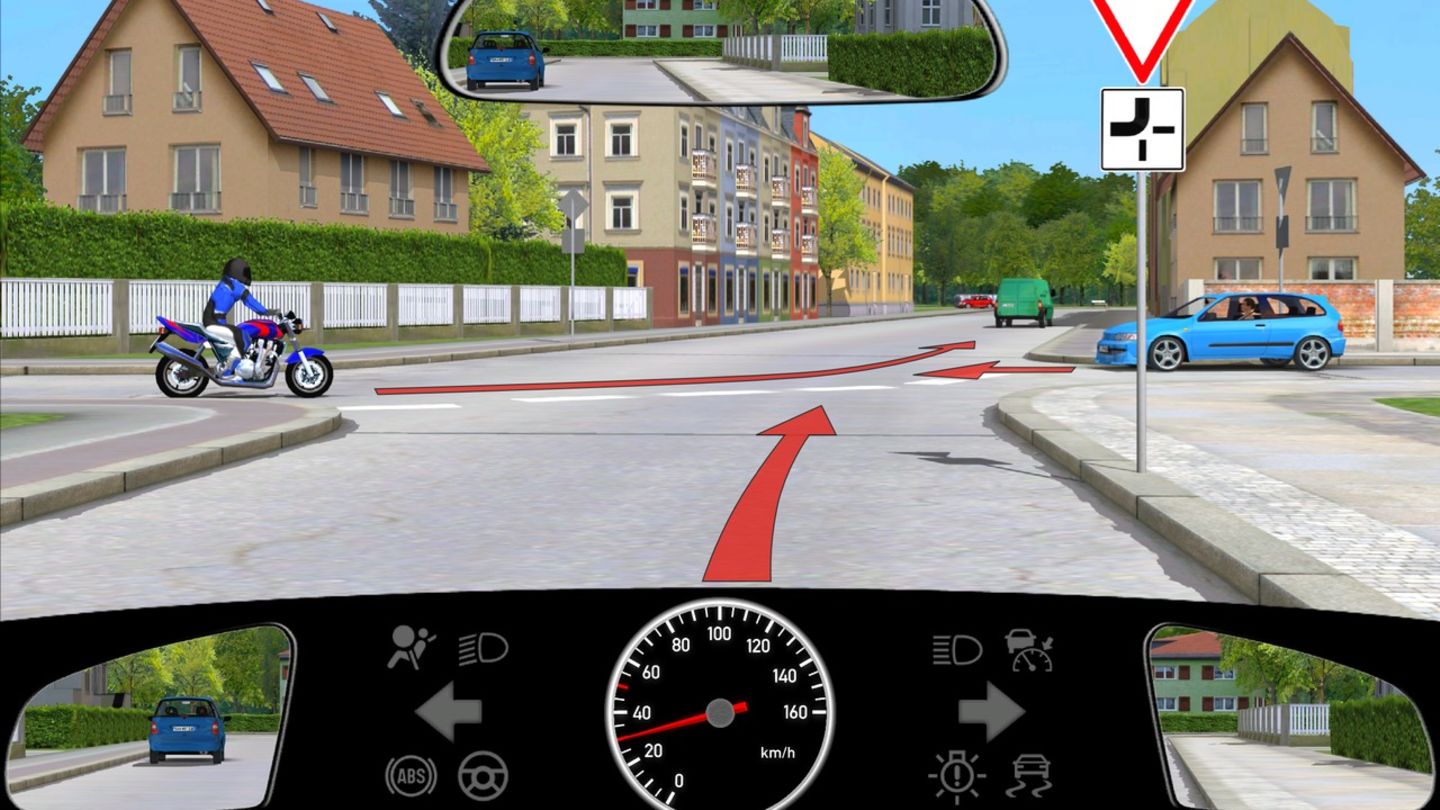In this way, and after the ruling that condemned the former president six years in prison and perpetual disqualification to exercise public office for the crime of fraud to the State, the extraordinary resources were presented to Cassation and, to grant the appeals, the case will pass to the Supreme Court of Justice. The deadline for appealing expires this Friday, February 14.
The resources presented in the road cause
On the side of the Prosecutor’s Office, Mario Villar presented a resource for the former president to also be convicted of Illicit Association. In this way, in his appeal the prosecutor demands that the conviction be doubled – raising it to 12 years – for the road cause, in addition to sustaining perpetual disqualification to exercise public positions.
Federal Extraordinary Resource.pdf
The resources presented to Cassation.
Federal Chamber of Criminal Cassation
On the defense side, he asks for his dismissal and revocation of the failure for which he was Condemned in November 2024. The resources were presented on the limit, since the deadline of all parties to appeal expires tomorrow.
Initially, both parties will have 10 days to respond to the appeals. Then, they will be the cassation judges – Gustavo Hornos, Mariano Borinsky and Diego Barroetaveña – who will remain in a position to solve, without fixed deadlines.
In the event that the magistrates accept the appeals, the case will finally fall on the Supreme Court. On the other hand, in the event that cassation revokes them, the parties may in the same way to the Supreme Court through what is known as complaint.
Amid resources, Chamber of Deputies gave half a sanction to the Clean Card Law That, if approved, it could prevent the former president from running as a candidate in the legislative elections of this 2025.
Another fact to keep in mind is that, after Judge Juan Carlos Maqueda retired, the Supreme Court of the Nation was composed only of 3 members: Horacio Rosatti, Carlos Ronsekrantz and Ricardo Lorenzetti. The Government works in the specifications of Judges Ariel Lijo and Manuel García-Mansilla to join the highest court of the Nation. That is, it is likely that the former president’s appeal will be reviewed by a court with five members.
What does the cassation failure say
The IV Chamber of the Criminal Cassation Chamber of Comodoro Py ratified the nine sentences for fraud to the State, including He confirmed the six years in prison to Cristina Kirchner and perpetual disqualification to access public office. The parties now have ten days to appeal, and it is discounted that the defender of the former president will appeal in the Supreme Court. With which, until that instance is exhausted, it will not be imprisoned. Cassation also confirmed the four acquittals.
While one of the judges failed in favor of the prosecution’s claim to apply the figure of illicit association, which would have elevated the penalty against Cristina to twelve years in prison, the other two votes were inclined to confirm the ruling of the Federal Federal Court 2 of December 6, 2022.
In an audience that extended for just ten minutes, the judges Gustavo Hornos, Mariano Borinsky and Diego Barroetaveña They read the sentence in one of the rooms of the courts of Comodoro Py. The event was only attended by some of the accused while Cristina Kirchner’s defense lawyers sent a writing minutes before, in which they reported that they would follow the audience remotely.
The votes and arguments were in the same terms as those of the Court of Judgment. The judges Jorge Gorini, Rodrigo Giménez Uriburu and Andrés Basso They had recognized in a ruling of 1661 pages that did not find direct evidence against the former president and that the official expert opinion that determined overcases had not been conclusive. However, they advanced in the sentences from “indiciarial evidence.”
Having discarded the figure of illicit association in the ruling, the argument of the judges to base the direct participation of Cristina Kirchner was based on a construction of various facts that, to understand the magistrates – were concatenated and prove the intention of the former president . No witness complicated the situation of the accused during the trial and neither did the documentary evidence located as the author of the maneuvers.
Based on Luciani and Mola’s argument In the first instance and Mario Villar before Cassation, unanimously, the judges affirmed that Cristina’s initial responsibility was in the provision of money and modification of a trust that had been created in 2001 through the National Bank. These funds had as beneficiaries the National Road Directorate and had been destined to works by Santa Cruz with administration of the DNV. For the court it was a way of giving discretion to the management of money. The Judgment Textual Considers the argument of prosecutor Diego Luciani: “On January 29, 2009, the former president issued Decree 54/09, for which he empowered the DNV to make discretionary use of the money of the trust for the works that he considered relevant, Despite the opinion on the contrary of the legal services of the Ministry of Federal Planning and the Ministry of Economy ”
After the signing of that decree and the allocation of these resources via trustthey were tendered and awarded works in Santa Cruz. For the Court the signing of the decree and the subsequent allocation of works if analyzed in conjunction with the messages of the cell phone of José López is the proof that says that Cristina wanted to benefit Báez with the address. Then, always according to the Tof2 plot line, Cristina personally benefited via multiple commercial operations with Báez. They based this statement on the instruction tests of the Hotesur-Los Sauces causes, Despite being dismissed in both files at the time of the sentence of first instance
For the court the maneuver was as follows: “Báez irregularly charged millionaire amounts of the national state and then destined them to private operations with the president of the nationwho allowed and facilitated the extent of that money guided by a clear personal interest. ”
Condemned and acquitted:
- Cristina Kirchner 6 years in prison and special perpetual disqualification to exercise public office.
- Lázaro Báez was sentenced to 6 years in prison
- José López was sentenced to 6 years in prison and perpetual special disqualification to exercise public office.
- Nelson Pieriotti was sentenced to 6 years in prison and special perpetual disqualification to exercise public office.
- Mauricio Collareda was sentenced to 4 years in prison and perpetual special disqualification to exercise public office.
- Raúl Daruich was sentenced to 3 years and 6 months in prison and perpetual special disqualification to exercise public office.
- Raúl Pavesi was sentenced to 4 years and 6 months in prison.
- Juan Carlos Villafañe was sentenced to 5 years in prison and special perpetual disqualification to exercise public office.
- José Raúl Santibáñez was sentenced to 4 years in prison and special perpetual disqualification to exercise public office.
Abslations:
- July of Vido
- Carlos Kirchner
- Abel Fatala
- Héctor Jesús Garro
Source: Ambito
I am an author and journalist who has worked in the entertainment industry for over a decade. I currently work as a news editor at a major news website, and my focus is on covering the latest trends in entertainment. I also write occasional pieces for other outlets, and have authored two books about the entertainment industry.




